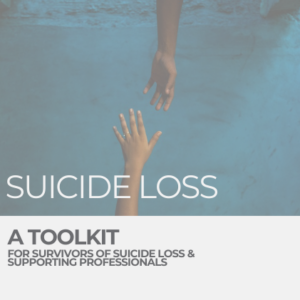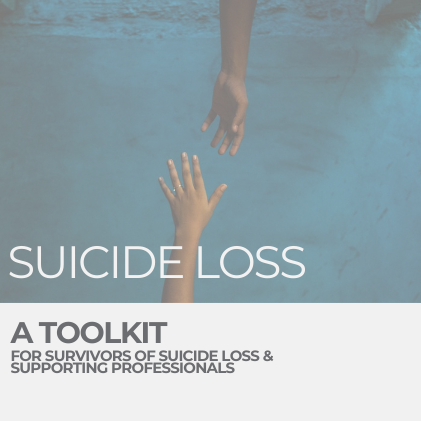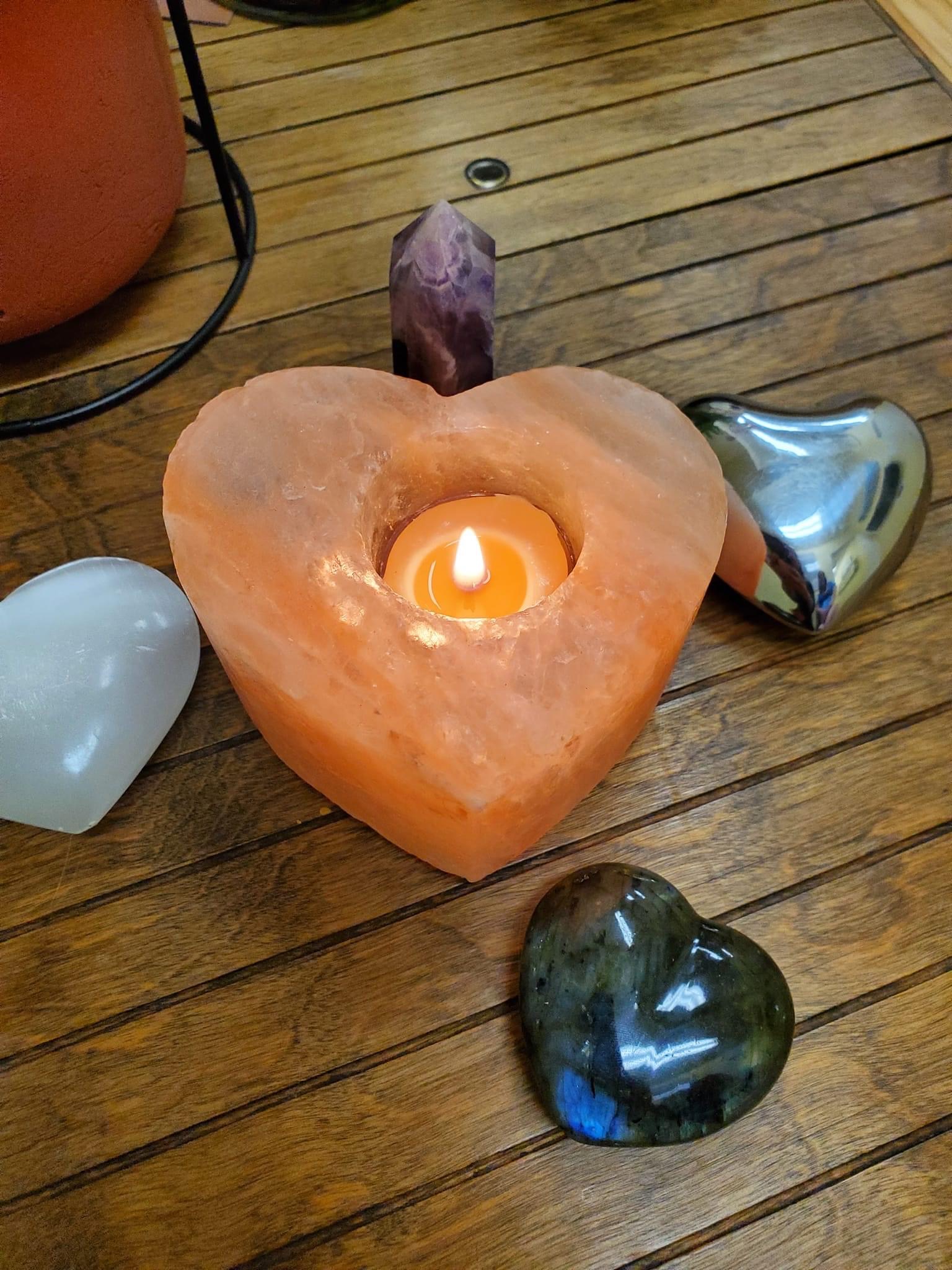Posts Tagged ‘Suicide’
Suicide Loss Toolkit [Free Downloadable PDF]

Approximately 4500 people in Canada die by suicide each year. That is approximately 12 people who die by suicide each day. In 2022, 49,476 Americans died by suicide. That’s 1 death every 11 minutes. On average, 5 people grieve for every death. That leaves over 250,000 people experiencing suicide-related grief and distress. Grief Stories has seen these impacts firsthand: suicide loss has been the most viewed topic on our Youtube channel all year. At Grief Stories, we passionately believe sharing stories and insights fosters connection, helping people cope with grief. Grief Stories is proud to announce the release of our latest toolkit titled: the Suicide Loss Toolkit.
Our suicide loss toolkit pulls together our original multi-media resources about grief into an easy-to-access format which provides helpful information about the grief experience, stories of suicide loss from survivors, and helpful strategies to move through grief. This toolkit has been curated by mental health professionals for other helpers, for individuals, and their networks as they navigate grief and loss together. They are free to download and use.
Toolkits are becoming increasingly popular as a knowledge translation strategy for disseminating health and wellness information, to build awareness, inform, and change public and healthcare provider behaviour. Toolkits communicate messages to improve health and wellness and in changing practice to diverse audiences, including healthcare practitioners, community and health organizations, and policymakers.
Angie – Grief and Policing
Angie – Grief and Policing
Angie talks about policing and priorities and the importance of self care
Lyss – Depression, Anxiety, and Self Harm
Lyss – Depression, Anxiety, and Self Harm
Depression, anxiety, self harm, theapy, support, mental health, suicide
Collective Grief
Post by Maureen Pollard, MSW, RSW
When the death of a person affects many members in a community, city, country, or across the world, people will experience collective grief.
Some things that can help people through the experience of collective grief across a community include:
– Holding gatherings that allow people share the pain of loss and to remember and honour the person who died;
– Sharing reflective and supportive posts on social media that address the loss and grief being felt by so many;
– It can be helpful to tag the person who died, so it shows up on their page where people can look through for solace. It may be a good idea to avoid tagging the family members of the person who died so that they can
choose when to opt into engaging with these memories without overwhelming notifications;
– Encouraging opportunities for community members to give and receive empathy and compassion;
– Respecting personal differences in the experience and expression of grief among community members, as everyone
grieves in their own way.
While many people across a community may be feeling the loss, it’s important to respect the privacy of those most impacted by the death. Give the immediate family time and privacy. Although many may mourn their loved one, it can be burdensome for the family to have to receive community grief at a time when they are coping with their own grief process.
Laura- Loss to Suicide
Laura- Loss to Suicide
Laura shares her experience supporting her husband through the loss of a family member to suicide during the pandemic.
Adrianna – Storytelling… intuitive and instrumental
Adrianna – Storytelling… intuitive and instrumental
Adrianna tells how storytelling helped her process her grief
Adrianna – Finding out my brother had died by suicide
Adrianna – Finding out my brother had died by suicide
Adrianna relates how she heard about her brother’s suicide
Adrianna – Guilt and death by suicide
Adrianna – Guilt and death by suicide
Adrianna gives insights she has found about guilt
Adrianna – My Story
Adrianna – My Story
Adrianna talks about the journey she has been on since her brother’s suicide
Cheryl B – My dream of creating a choir
Cheryl B – My dream of creating a choir
Cheryl talks about she created a number of choirs including children, female physicians and seniors… Voices Rock Canada
One Breath at a Time
One Breath at a Time
Music Video for people impacted by suicide loss
How We Learn to Cope With Grief
Post by Maureen Pollard, MSW, RSW
How We Learn to Cope With Grief
Death inevitably brings grief when the person who died is someone we love. Grief is never easy,
even when the death is one that comes in the natural order of life; a loss we were expecting.
We learn to cope with grief through experiencing it. Perhaps our first loss is the death of a pet.
We may mourn a cuddly friend who showed us unconditional love, but the rest of our world
stays more or less the same.
Later, if things go as they often do in families, you may experience the death of a grandparent.
Even when the relationship is close, we can often come to terms with such a loss because it is
considered usual to experience the death of the eldest family members.
Sometimes, we experience “out-of-order” deaths. An infant or child dies. A friend, a classmate,
a cousin or a sibling. Perhaps an aunt or uncle dies, or maybe even a parent. These deaths
teach us something different about grief and loss.
As we encounter death, we learn what it is to adapt to the absence of the one we cared about.
We figure out how to cope with feelings. We find ways to make sense of what has happened
and what is true in the aftermath of loss.
Each death we experience brings us new understanding. A different perspective is discovered
through the unique grief related to each special relationship. Because grief is an expression of
love, the appearance of grief after each loss is different according to the relationship.
Our development of a grieving style and rituals that serve us in the aftermath of a loss is also
created through these experiences. When we learn about death first-hand as a young child, and
receive comfort and guidance that allows us to move through grief at our own pace, we
gradually develop coping skills that prepare us and help us move through later encounters with
loss. If this is true for you, know that you have everything you need to carry your grief and come
to terms with death as a part of life.
Sometimes we have not experienced a gradual, gentle introduction to death in a manner that
teaches us how to manage grief. Instead, death arrives suddenly and harshly in an unexpected
order. If this is true for you, know that you can bear this grief. You have a deep well of strength
from which to draw, including coping skills that have seen you through other types of hard times.
Whether you’re experienced with grief, or new to this painful process of adapting to a world
without the physical presence of a loved one, do the things that bring you comfort. Cry when
you need to. Talk it out. Write it out. Make art. Sip your favourite hot beverage. Listen to your
favourite music. Stretch and gently move your body. Breathe; deep slow breaths will activate the
calming centre of your nervous system. Listen to your body and soul as you move through the
rhythms of grief at your own pace, in your own time.




